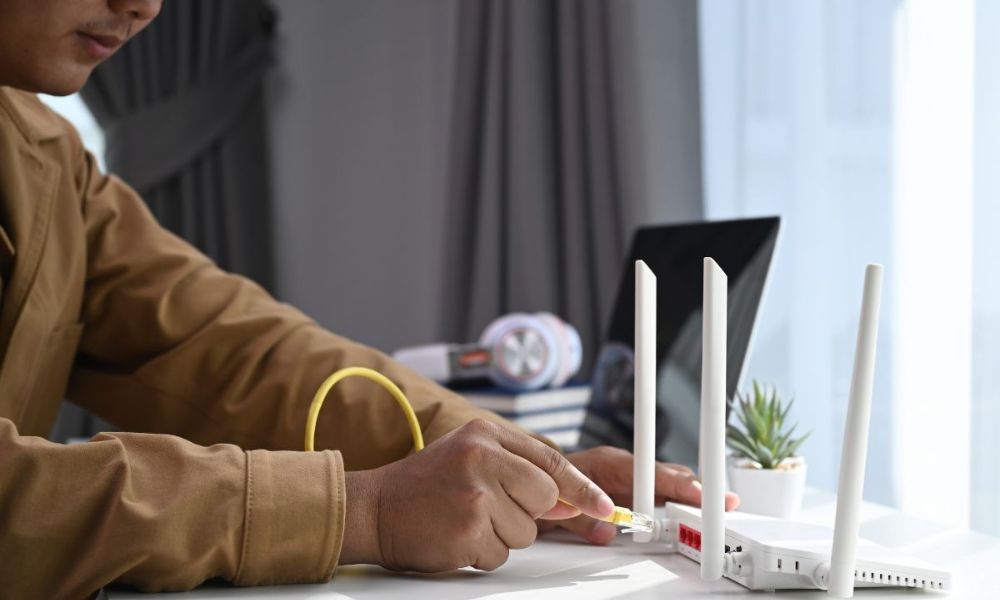With the growing demand for remote and hybrid work arrangements, having a reliable home network has become more of a necessity than a luxury. A stable internet connection and up-to-date equipment can vastly improve productivity.
Setting up a home network can be tricky, especially if you’re not tech-savvy. Here’s some essential equipment for your home network to ensure a fast and reliable connection.
1. Modem
A modem is responsible for converting the internet signal from your ISP into a form your router can understand. Modems come in various types, including cable, DSL, and fiber optics.
The type of modem you’ll need will depend upon the type of internet connection you have. However, you must ensure your modem is compatible with your ISP and conforms to the latest DOCSIS (data over cable service interface specification) or DSL standards.
2. Router
Your router is the most critical component in your home network, serving as the gateway through which all other devices on your network access the internet. Different types of routers are available on the market, but it’s vital to choose one that offers the latest wireless technologies.
A router that supports Wi-Fi 6 (802.11ax) ensures you get the fastest and most secure connection. Look for features such as QoS (quality of service), which prioritizes internet traffic based on your particular needs.
3. Network Switch
A network switch can be an invaluable asset if you have numerous wired devices. It expands your network’s capabilities, enabling you to connect more devices and segregate traffic into different sections.
An unmanaged network switch works well if you don’t need much control or segmentation. However, a managed network switch is the way to go if you require greater control over your system.
4. Wireless Extenders
Wireless extenders can be incredibly useful, especially if you live in a large house with numerous dead zones and need to extend your Wi-Fi network’s range. Wireless network extenders receive the Wi-Fi signal from your router and rebroadcast it, giving you a broader coverage spectrum.
You can choose from single-band or dual-band wireless extenders, depending on your requirements. Dual-band extenders are an excellent choice since they use both 2.4 GHz and 5 GHz frequencies, providing better coverage.
5. Quality Ethernet Cable
While most devices can be connected to the internet wirelessly, there’s no substitute for an Ethernet cable. An Ethernet cable can provide faster data transfer speeds than Wi-Fi, making it ideal for homes with high-bandwidth activities.
If you’re unsure whether a cheap Ethernet cable is okay to use, consider whether your network is affected by interference from other devices, such as microwaves, Bluetooth devices, and even physical barriers like walls and floors. High-quality cables will offer better protection against unwanted noise.
Create a Robust and Reliable Home Network
A robust and reliable home network ensures smooth remote and hybrid work experiences. From routers to security devices, choosing the right equipment can be daunting.
With the right approach, you can make informed decisions about the essential equipment you’ll need for your home network.






